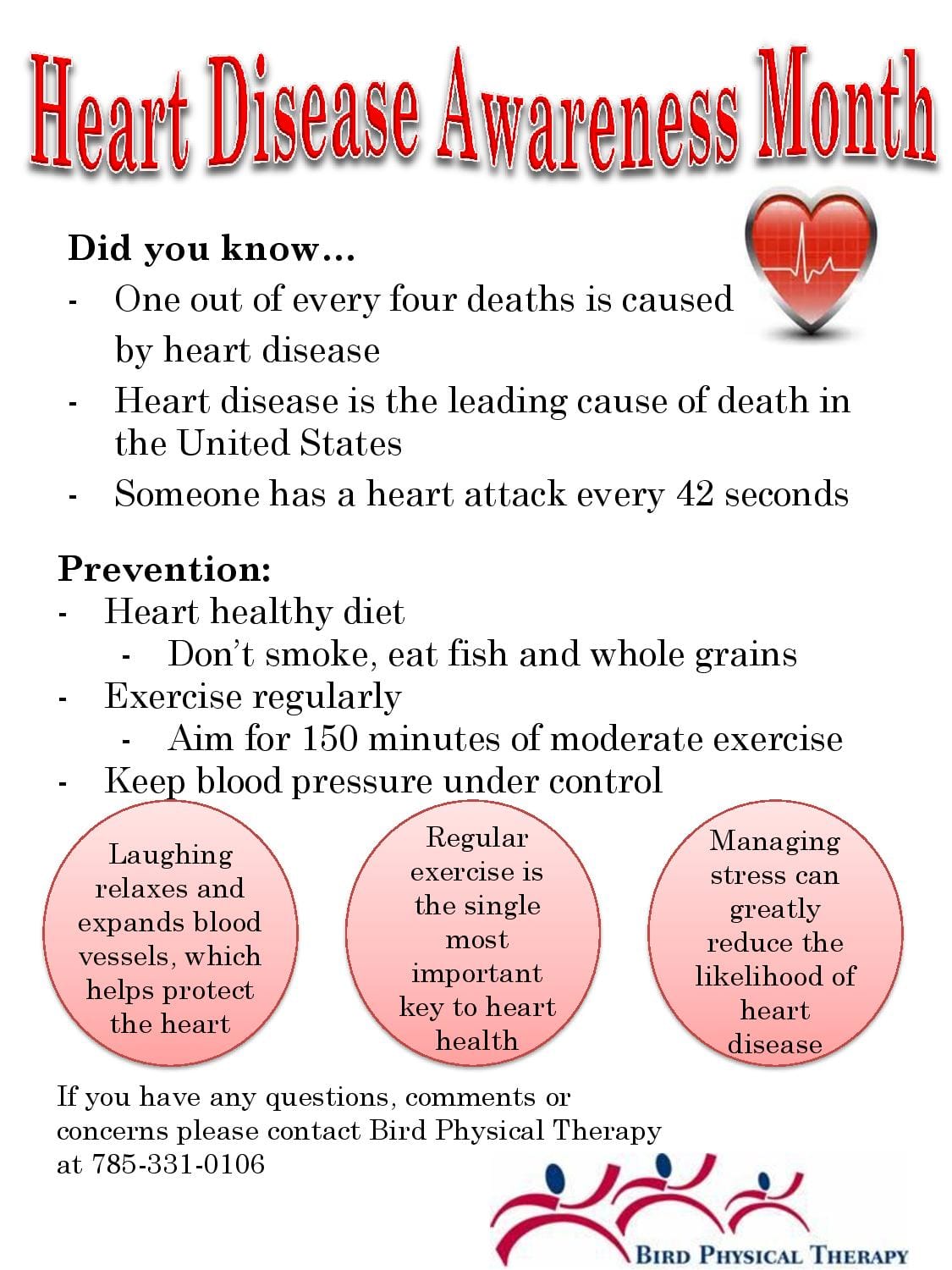Cardiologist behind the new study, Dr. Olivia Hart, expressed her disappointment with the results, stating that despite improvements in healthcare and medical advancements, the death toll remains high due to factors such as an increase in obesity, poor dietary habits, and sedentary lifestyles. While lifestyles and factors associated with heart disease have improved, the overall increase in life expectancy has increased the proportion of people susceptible to it, creating a concerning situation for the health of the population.
According to a report from the Centers for Disease Control and Prevention (CDC), cardiovascular disease remains accountable for one out of every three deaths in the United States, accounting for nearly 800,000 deaths annually. Among those who suffer, nearly half have no previous history of diagnosed heart disease.
Researchers focused on analyzing nationwide data and concluded that significant disparities persist among various groups, with African-American and Hispanic communities being more affected than their Caucasian counterparts. Other factors that contribute to the persistence of heart disease include socioeconomic status, education level, and access to healthcare.
While there has been a steady decline in overall mortality rates across the nation, progress in reducing cardiovascular fatalities has been slow. Efforts from the public and private sectors have led to the implementation of initiatives aimed at promoting healthy lifestyles, including diet and exercise programs, smoking cessation support, and improved diagnostics for early detection.
Despite the ongoing efforts to address the issue, experts warn that public health strategies need to be more aggressive in targeting the factors contributing to cardiovascular disease, such as preventing mental health issues, encouraging healthy lifestyle habits, and addressing socioeconomic disparities that place certain populations at higher risk.
Screening and prevention measures have helped, but future interventions should target a broader range of socially-determined risk factors and adopt an evidence-based approach to reducing inequalities in cardiovascular outcomes. Unless effective steps are taken to address obesity, nutritional deficiencies, and sedentary lifestyles, heart disease remains an ongoing burden on the American healthcare system and will likely maintain its position as the leading cause of death for many years to come.


